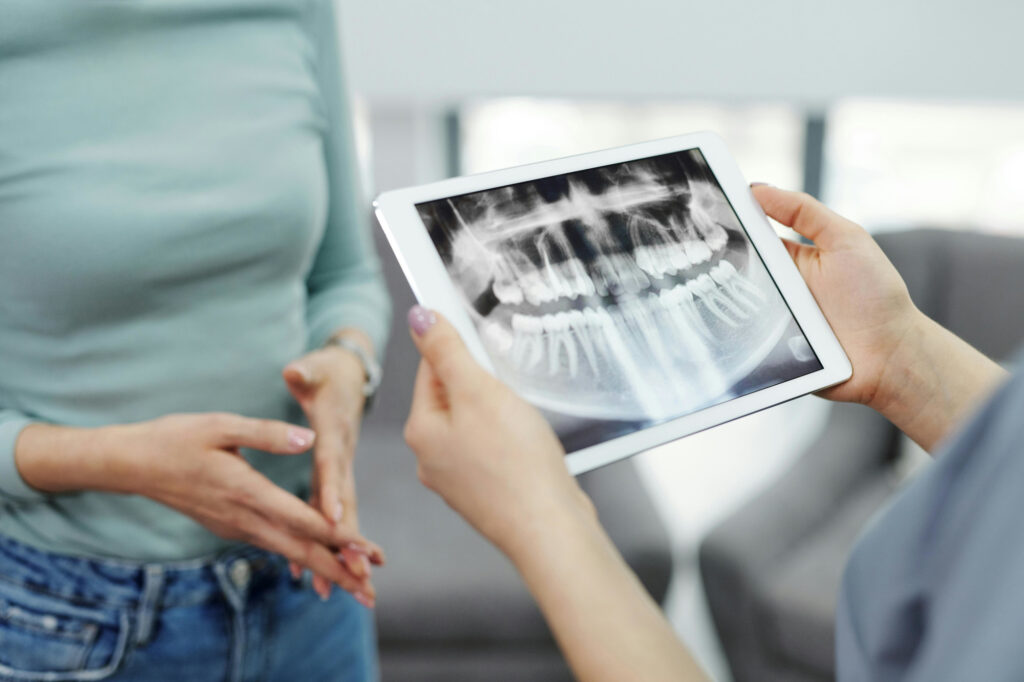Cocaine is a powerful stimulant drug, and a lot of attention is given to its immediate effects on the mind and body. Let’s take a look at what coke jaw is, its causes and symptoms, and the importance of seeking help for cocaine addiction.
What is “Coke Jaw”?
Also known as cocaine jaw, coke jaw refers to a range of jaw-related symptoms that occur as a result of cocaine use. Cocaine stimulates the central nervous system and causes a high that includes feelings of euphoria, increased energy, and heightened alertness. This stimulation also leads to several involuntary physical reactions, including repetitive and uncontrollable movements of the jaw.
What Causes Coke Jaw?
The primary cause of coke jaw is the stimulant effect of cocaine on the nervous system. Cocaine increases levels of dopamine, a neurotransmitter associated with pleasure and movement, leading to overactivity in certain parts of the brain. This overactivity can cause muscle spasms and tension, particularly in the jaw muscles, leading to the characteristic grinding, clenching, and chewing motions associated with coke jaw.
Symptoms of Coke Jaw
Coke jaw is characterized by symptoms like:
- Repetitive grinding of the teeth (bruxism)
- Jaw clenching
- Increased tension in the jaw muscles
- Pain and discomfort in the jaw and facial area
- Difficulty in opening and closing the mouth
- Long-term effects may include dental problems, such as tooth wear, damage, and in severe cases, temporomandibular joint disorder (TMJ), which affects the movement of the jaw
How Long Does Coke Jaw Last?
How long coke jaw lasts varies depending on the frequency and amount of cocaine use. Symptoms can last from a few hours to several days after use. Chronic users may experience longer-lasting effects. Reducing or stopping cocaine use is key to alleviating these symptoms.
The Impact of Coke Jaw
While it might seem like a minor side effect, coke jaw can have significant and lasting impacts on an individual’s health. The constant grinding and clenching can lead to dental issues, including tooth wear, fractures, and loss, as well as chronic jaw pain and TMJ disorders. These physical health issues can also contribute to mental health struggles, as chronic pain often does.
Is Coke Jaw a Sign of Addiction?
Yes, Coke jaw can be a sign of cocaine addiction, as it results from frequent and repeated use of the drug, leading to involuntary jaw movements. It indicates a need to assess and possibly seek help for substance use.

Can Coke Jaw Be Treated or Reversed?
Yes, coke jaw can be treated and often reversed with appropriate interventions. Treatment for cocaine use focuses on addressing addiction through professional therapy and support programs. Additionally, dental care, including the use of mouthguards or reconstructive procedures, can mitigate damage and alleviate symptoms. Early intervention and cessation of cocaine use are crucial for recovery.
The first step in addressing coke jaw is recognizing the role of cocaine use in its development. Seeking help for substance abuse is crucial, and may include:
- Professional counseling or therapy
- Rehabilitation programs
- Medication to manage withdrawal symptoms and prevent relapse
- Dental interventions to address the physical damage caused by coke jaw, such as mouthguards or reconstructive dental work
Next Steps
Coke jaw signals the need for a closer look at your health—and for addressing substance abuse. The journey to recovery begins with acknowledging the problem and seeking help.
Looking for cocaine treatment in California? If you or someone you know is experiencing symptoms related to cocaine use, it’s important to reach out for support. Recovery is not a journey you have to undertake alone. Southern California Recovery Centers (SCRC) offers a compassionate, comprehensive approach to addiction treatment.
Take the first step toward a healthier future by contacting us today. Explore treatment options and start on the path to recovery with the support of professionals who care.



